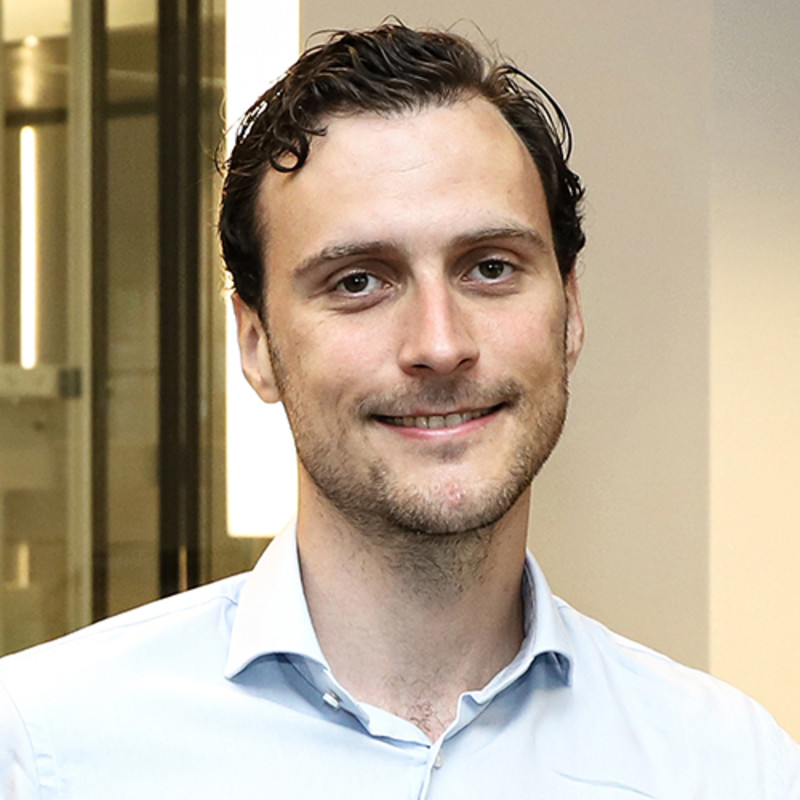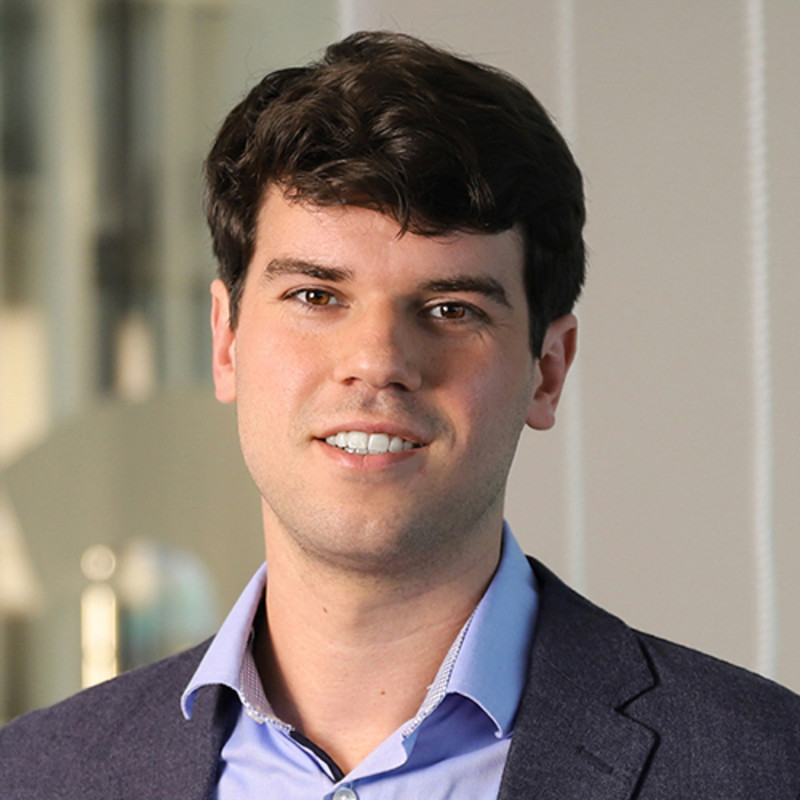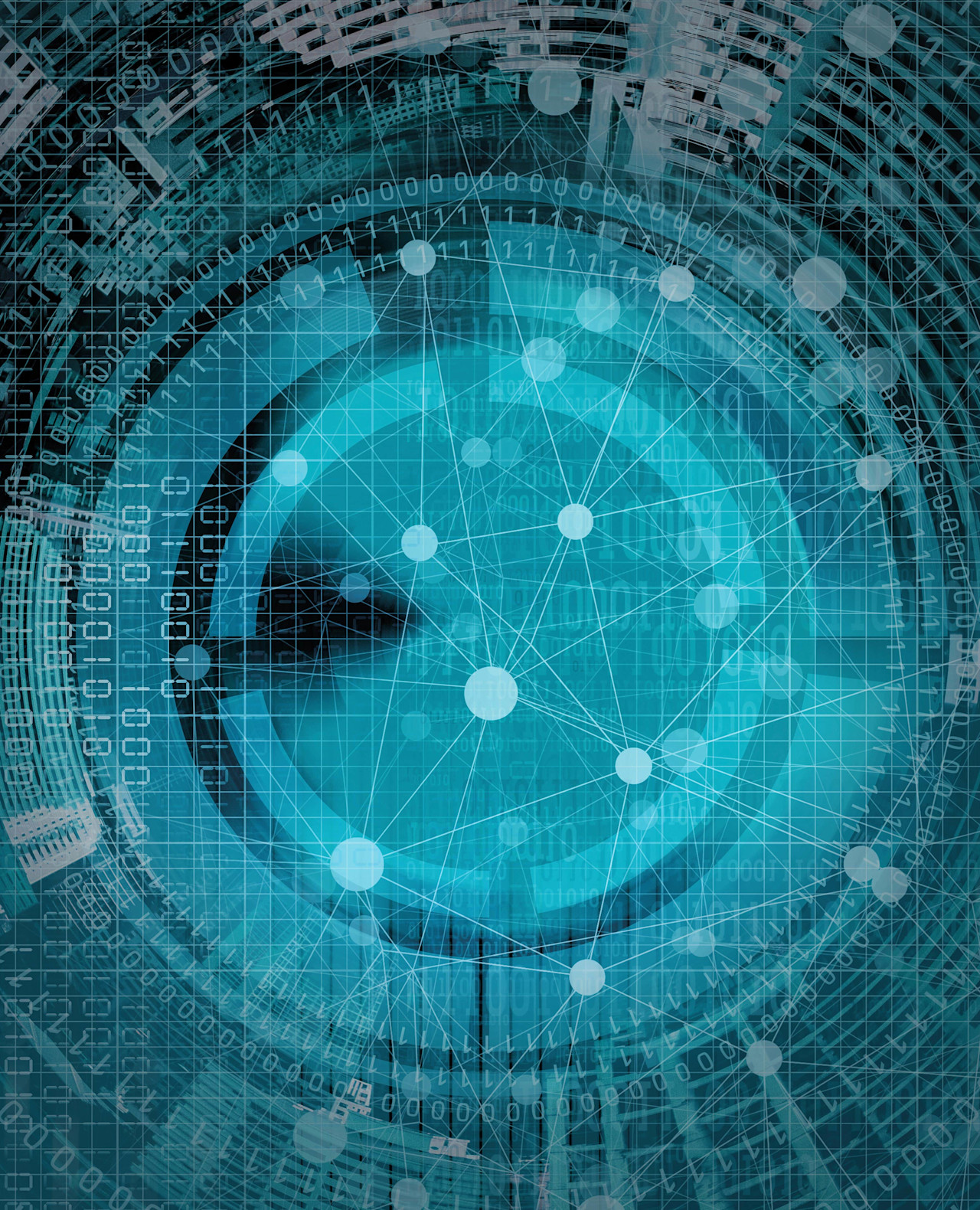

Harnessing GPT for smarter asset management: prospects and perils
Generative models like GPT have the potential to transform the asset management industry, creating new possibilities and challenges. What are the implications for asset management, and how can the models best be approached?
まとめ
- Generative models like GPT could revolutionize the industry
- These models offer potential benefits but also present challenges
- Asset management can adapt and embrace GPT while also addressing limitations
GPT originated from natural language processing (NLP), a subfield of machine learning (ML) that focuses on enabling computers to understand, interpret, and generate human language. An early example of an NLP application used for financial investments is Bag-of-Words, developed in 2007, which identifies words associated with positive or negative sentiment.
In 2017, Google’s research lab introduced the Transformer model, a deep neural network architecture that enabled more efficient network training and increased the possible model size and amount of data that could be processed. GPT (Generative Pre-trained Transformer) is a specific class of language models based on NLP that was developed by OpenAI. Each generation of GPT has shown a large leap in capability compared to its predecessor, with GPT-4 being the latest and most advanced.
The speed at which GPT and generative models have taken off can be seen as either exciting or intimidating, depending on one’s comfort level with new technologies. When a new technology emerges, one can choose to study its implications with an eye to adoption; or simply ignore it. We suggest that the former path, taken with cautious curiosity, is the more rational one.
There are numerous potential applications for a mature GPT model in the asset management industry. For example, a key component in a quantitative researcher’s toolkit is the ability to quickly find and synthesize information to aid in making investment decisions. ChatGPT’s ability to analyze a large amount of text data could potentially help with portfolio construction, but also help researchers identify novel or emerging investment themes and trends that may not yet be well-known or widely recognized.
A particularly intriguing aspect of its use for researchers is for ChatGPT to function as a sparring partner and research assistant. This could be by asking ChatGPT to evaluate an idea, critique the structure of a piece of writing, or to conduct a scenario analysis. As an example, we asked ChatGPT “Which industries are most likely to be affected by rising inflation, and why?”
Better investments, better workflow
Incorporating GPT into a domain expert’s workflow may allow them to spend more time on high value-add tasks and less on more routine, process-oriented tasks. From reporting to summarization and coding to emails, a de facto personal assistant in the form of a model like ChatGPT can save massive amounts of time and energy. For marketing, too, GPT can help by being a creative sparring partner and by generating catchy copy.
A good example of how the model has helped Robeco is engagement letter writing, an important and effective tool for sustainability-minded investors to get companies to improve their sustainability practices. GPT can help sustainable investors save a tremendous amount of time in writing coherent and polished engagement letters, while still allowing the sustainable investors to choose engagement topics.
In 2022 Robeco developed a system to use GPT to assist in writing engagement letters, thereby enhancing the company’s sustainability professionals’ impact and reach while ensuring they retained total control regarding the company and engagement topics.
What to watch out for
There is a lot of excitement about the current and future possibilities of generative models, particularly GPT. However, it is crucial to recognize and identify potential pitfalls of the technology, as well as situations where things could go wrong. At the time of writing, we see GPT and generative models as versatile and creative tools one can use and experiment with but cannot and should not trust or rely upon completely.
Firstly, having been trained on a very broad set of textual inputs, GPT can struggle with domain-specific tasks. Even GPT-4’s output quality is no match compared to that of a true human expert. Secondly, the answers can also be incorrect. This is known as artificial hallucinations: GPT will confidently give users plausible-sounding answers even though they may be categorically incorrect, and on occasion will even try to drive its point home.
To address these concerns, there always needs to be human oversight, even more so because GPT’s training phase by necessity ends at a certain fixed point in time. Even when up-to-date information is accessible through search engines integrated with a GPT algorithm, which could help to improve the accuracy of generated text and also overcome the challenge of generating text with numbers, relying solely on GPT is not advisable.
Finally, as the asset management industry is a highly regulated industry, the use of GPT faces challenges concerning compliance and regulation. Ensuring the confidentiality of sensitive information is paramount, as asset managers often handle confidential client data and proprietary investment strategies. While GPT models are highly effective in processing and generating text, they may inadvertently retain or expose information provided during training or user interactions. This risk has already led several institutions to block the use of GPT models in order to safeguard client privacy and protect intellectual property.
The future
In terms of the broader society, we see GPT having three key potential implications. First, one way of viewing these generative models is as a conventional wisdom archive. These models could provide quick and easy access to effectively all conventional digitalized wisdom collected by humankind. In essence, these models democratize access to the 101 level of knowledge, both at a general society level and within an organization.
Secondly, this technology also brings the potential for extreme productivity enhancements, taking away the need for workers to do the tasks that these models can do. On one hand, this could usher in concepts such as the ‘four-day work week’1 across the globe. On the other hand, it could mean further polarization of society between those gainfully skilled with abilities generative models do not have, and those who are replaced, such as run-of-the-mill writers and coders. And if these technologies become embedded into society, what will happen to the trustworthiness of information?
For the asset management industry, as machines become more human, the third implication of GPT is that humans can become even more human. That is, people working in the asset management industry must focus more on compassion, creativity, specialized knowledge, and sound judgment. People with specialized knowledge will retain their importance to the organization, and the ability to make the correct business decision – and then be accountable for the consequences – will be as important as ever.
Footnote
最新のインサイトを受け取る
投資に関する最新情報や専門家の分析を盛り込んだニュースレター(英文)を定期的にお届けします。
重要事項
当資料は情報提供を目的として、Robeco Institutional Asset Management B.V.が作成した英文資料、もしくはその英文資料をロベコ・ジャパン株式会社が翻訳したものです。資料中の個別の金融商品の売買の勧誘や推奨等を目的とするものではありません。記載された情報は十分信頼できるものであると考えておりますが、その正確性、完全性を保証するものではありません。意見や見通しはあくまで作成日における弊社の判断に基づくものであり、今後予告なしに変更されることがあります。運用状況、市場動向、意見等は、過去の一時点あるいは過去の一定期間についてのものであり、過去の実績は将来の運用成果を保証または示唆するものではありません。また、記載された投資方針・戦略等は全ての投資家の皆様に適合するとは限りません。当資料は法律、税務、会計面での助言の提供を意図するものではありません。 ご契約に際しては、必要に応じ専門家にご相談の上、最終的なご判断はお客様ご自身でなさるようお願い致します。 運用を行う資産の評価額は、組入有価証券等の価格、金融市場の相場や金利等の変動、及び組入有価証券の発行体の財務状況による信用力等の影響を受けて変動します。また、外貨建資産に投資する場合は為替変動の影響も受けます。運用によって生じた損益は、全て投資家の皆様に帰属します。したがって投資元本や一定の運用成果が保証されているものではなく、投資元本を上回る損失を被ることがあります。弊社が行う金融商品取引業に係る手数料または報酬は、締結される契約の種類や契約資産額により異なるため、当資料において記載せず別途ご提示させて頂く場合があります。具体的な手数料または報酬の金額・計算方法につきましては弊社担当者へお問合せください。 当資料及び記載されている情報、商品に関する権利は弊社に帰属します。したがって、弊社の書面による同意なくしてその全部もしくは一部を複製またはその他の方法で配布することはご遠慮ください。 商号等: ロベコ・ジャパン株式会社 金融商品取引業者 関東財務局長(金商)第2780号 加入協会: 一般社団法人 日本投資顧問業協会


























